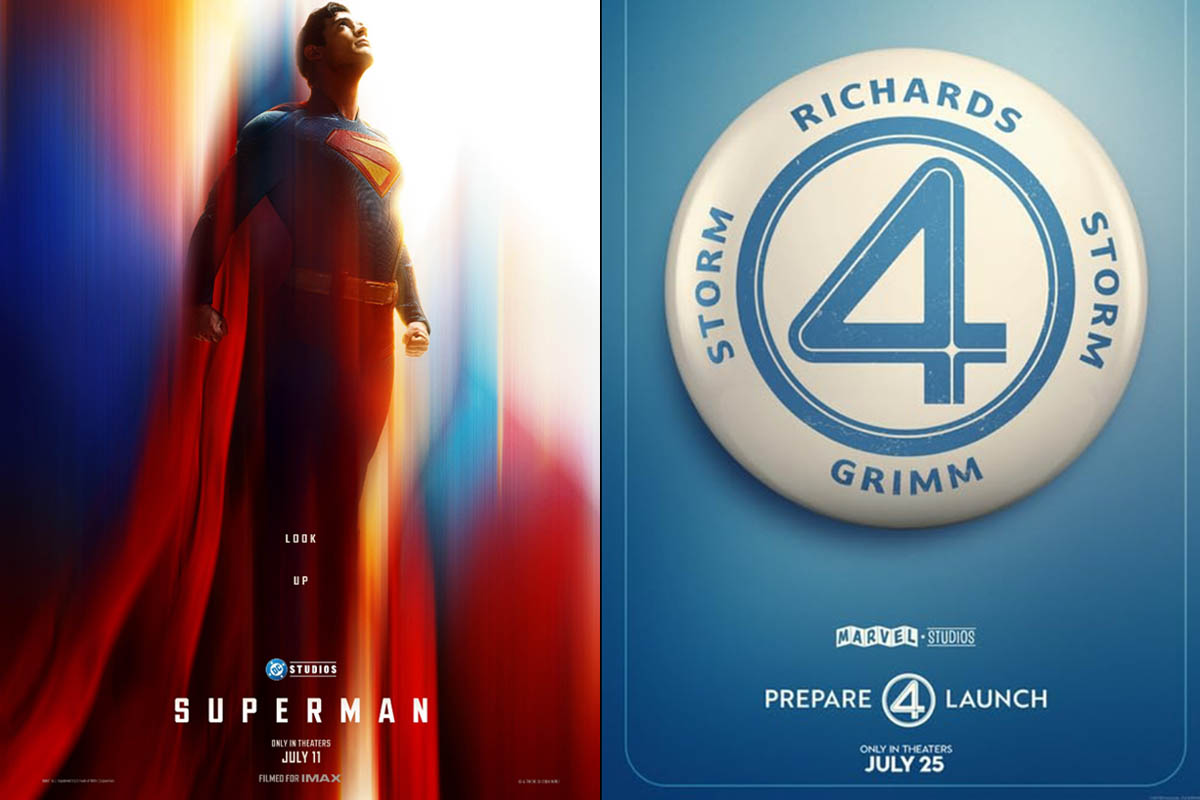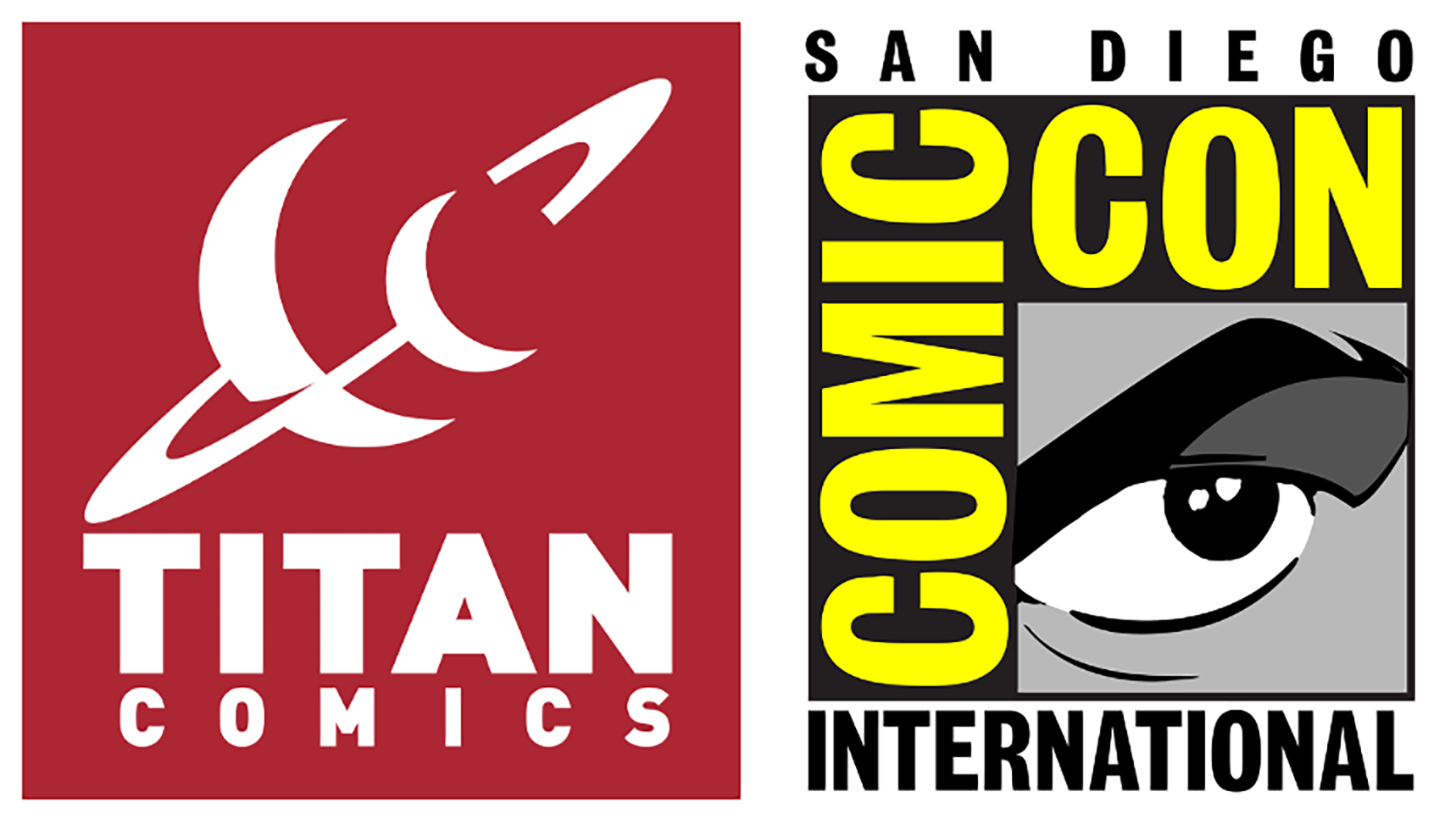Even though we’ve had a couple of modest successes this year with Pokémon: Detective Pikachu and Alita: Battle Angel, Hollywood still hasn’t really cracked the anime and manga code. Not quite yet. But why is that exactly? Jeff Gomez, founding CEO of Starlight Runner Entertainment, seems to think the problems are rooted in the core differences in the culture of the narratives.
“Japanese shows didn’t talk down to you,” he told Japan Times. “They were serious in tone and treated me seriously intellectually. I was an avid reader, so I read all the show credits. As a kid I knew the names Osamu Tezuka and Go Nagai. They were called ‘celebrated creators’ in the English-language write-ups. That was very different from the U.S. model, where most of the writers were just hired hands.”
So, in other words, the pieces were driven by creators as opposed to companies, which is the exact opposite of how it’s done in the U.S. And then there are the differences in the major properties in how stories are told. In American comics, stories are often rebooted, retold, and subverted. In Japan, they just end or go on — you only need to take a look at series like Dragon Ball and One Piece to say that philosophy in action.
RELATED – These Anime And Manga Series Would Make GREAT Live-Action Adaptations
“The Japanese story model didn’t need to keep reminding me of the premise of the series or constantly summarize what happened beforehand, and it didn’t repeat itself or reset itself in terms of a format, the way Spider-Man or Superman so often did. Japanese stories were serial in nature and they left me starved to learn more. This was all very different from your standard American cartoons and monster movies at the time.”
But are these the real problems? I admit, I think they has kind of a point when it comes to differences in cultural storytelling, but I’m not completely sure this hits the mark. In my opinion, it has more to do with the difference in what each culture thinks works in entertainment. There’s a disconnect between what mainstream audiences in Japan like compared to mainstream audiences in America.
Furthermore, the content in Japan is, by nature, more niche. It appeals to a specific subset of genre fans, but when bringing it over to the U.S., there’s a desire to make it appeal to a wider audience, thereby losing a lot of the nuance that fans really love about the original product.
In short, there is no one thing. We could probably go on for hours talking about the differences, but I think it all comes back to culture.
“Japan does yearning better than anyone else in the world,” Gomez said. “You can see it in Dragon Ball Z. In America it’s still about being cool; furtive glances. In Japan, it’s operatic.”
Those differences in what each culture likes about the same property, I think, illustrate the key difficulty in adapting anything from a foreign country.
What do you think the main differences are? Let us know your thoughts down below!
Don’t forget to share this post on your Facebook wall and with your Twitter followers! Just hit the buttons on the top of this page.
—–
Have you checked out LRM Online‘s official podcast feed yet The LRM Online Podcast Network, which includes our flagship podcast Los Fanboys, our premiere podcast Breaking Geek Radio: The Podcast, and our morning show LRMornings? Check it out by listening below. It’s also available on all your favorite podcast apps!
Subscribe on: Apple Podcasts | Spotify | SoundCloud | Stitcher | Google Play
SOURCE: Japan Times

 FOR FANBOYS, BY FANBOYS
Have you checked out LRM Online’s official podcasts and videos on The Genreverse Podcast Network? Available on YouTube and all your favorite podcast apps, This multimedia empire includes The Daily CoG, Breaking Geek Radio: The Podcast, GeekScholars Movie News, Anime-Versal Review Podcast, and our Star Wars dedicated podcast The Cantina. Check it out by listening on all your favorite podcast apps, or watching on YouTube!
Subscribe on: Apple Podcasts | Spotify | SoundCloud | Stitcher | Google Play
FOR FANBOYS, BY FANBOYS
Have you checked out LRM Online’s official podcasts and videos on The Genreverse Podcast Network? Available on YouTube and all your favorite podcast apps, This multimedia empire includes The Daily CoG, Breaking Geek Radio: The Podcast, GeekScholars Movie News, Anime-Versal Review Podcast, and our Star Wars dedicated podcast The Cantina. Check it out by listening on all your favorite podcast apps, or watching on YouTube!
Subscribe on: Apple Podcasts | Spotify | SoundCloud | Stitcher | Google Play




